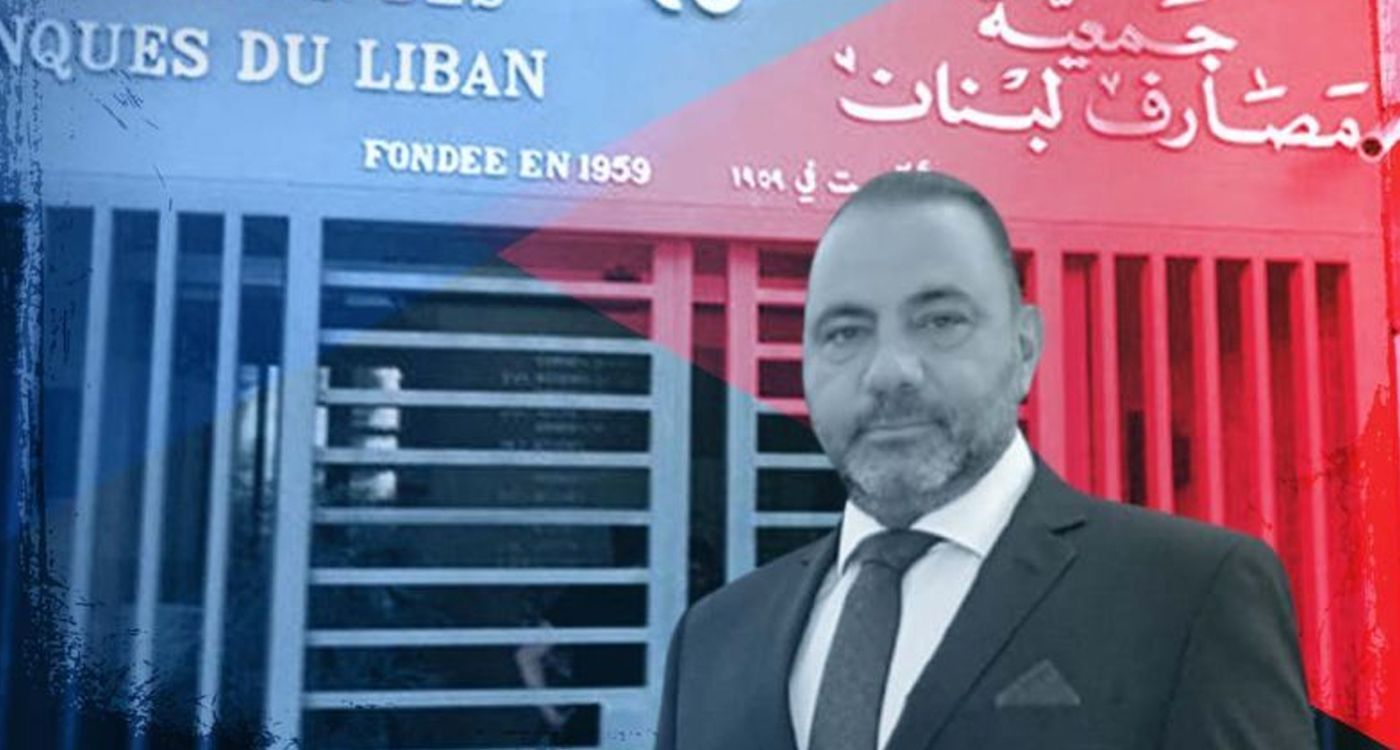
Fadi Khalaf, Secretary General of the Association of Banks in Lebanon (ABL), is calling for a realistic restructuring plan that balances financial reform with the protection of depositors' rights amid an unprecedented systemic crisis.
In the editorial of the ABL's monthly report, titled “A Realistic Vision for Restructuring: Between Reform and Protection of Rights,” Khalaf discusses the recently approved banking sector restructuring law, which is awaiting debate in Parliament.
He emphasized that the proposed text has sparked a wide range of comments within the banking sector, with calls to strike a careful balance between advancing financial reform and safeguarding the rights of depositors. “The current crisis in Lebanon transcends mere numbers and balance sheets, which has led to an unprecedented systemic crisis,” says Khalaf, calling for a specific legislative approach.
He also noted that Lebanese banks have adhered closely to Central Bank (BDL) directives, especially since the onset of the crisis, and argued it would be unfair to hold them solely accountable for state-driven decisions. Furthermore, Khalaf stressed that while the draft law defines criteria for the viability of banks, it must also accommodate measures specific to institutions that meet these standards, instead of imposing one-size-fits-all regulations.
On the legal front, Khalaf called for an overhaul of judicial procedures related to banking oversight, advocating for a balance between swift enforcement and procedural safeguards.
“The success of any recovery plan hinges on a unified national approach, recognizing that Lebanon is facing an unprecedented systemic collapse that demands exceptional solutions,” Khalaf stated. He outlined key principles for this recovery, including the explicit protection of depositors’ rights, expedited settlement of small deposits and the creation of a gradual compensation mechanism funded by the BDL, the state and the banks. Additionally, he highlighted the need for flexible financial instruments to restore liquidity, the recapitalization of banks to ensure sector resilience, and a transparent accountability framework distinguishing the roles of the state, BDL and private banks.
“Economic recovery cannot be achieved through technical measures alone, but requires a political, institutional and collective national will,” Khalaf concluded. He asserted that Lebanon now stands at a historic crossroads, with the chance to rebuild its economic and financial systems on the foundations of fairness, professionalism and long-term stability.



Comments